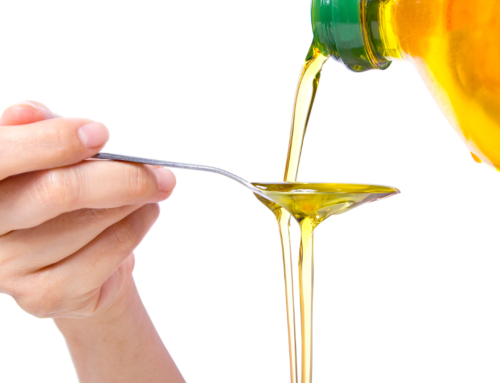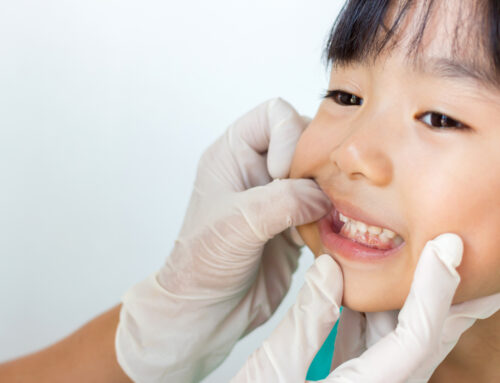What are dental crowns?
A dental crown is like a cap that fits over an existing tooth. It covers the entire tooth and protects it while restoring its size, shape and appearance. A dental crown is cemented onto the tooth. It acts and looks like a tooth shaped helmet for that tooth. When you have a dental crown, it’s what you see instead of the tooth.What are dental crowns for?
Dental crowns function at the cosmetic level when made of porcelain and when on the front teeth. But, they have a very important job of protecting you or your child from pain and discomfort. Once installed, dental crowns are painless and function just like a regular tooth. Benefits of crowns include:- Protection for weak teeth from further decay or damage
- Holds together a cracked tooth
- Covers a badly decayed or worn down tooth, or a large filling where there’s not much of the tooth left
- Can serve as a bite block to prevent against aggressive tooth grinding
- Covers discolored or misshapen teeth, covers implants (adult teeth only)
- Holds dental bridge in place (adult teeth only)
Why crown a baby tooth?
For baby teeth, dental crowns also function as:- Cover for badly decayed teeth that can no longer support filling
- Protection from tooth decay, in special cases where the child may find it difficult to maintain good dental hygiene daily
- Dental crowns greatly reduce the need for sedation for kids who can’t cooperate with necessary dental treatments, whether because of age, temperament, or medical condition. So, a dental crown may be installed as a way of protecting a child from future cavities so they are more likely to succeed with a prevention plan going forward.
- A crown may protect and preserve a baby tooth in the mouth longer than it could stay otherwise. Baby teeth serve as place holders for future adult teeth and, when lost early, can lead to major crowding events where adult teeth cannot erupt properly or may need to be extracted.
Types of dental crowns
Dental crowns can be stainless steel, gold alloy, all-ceramic, or all-porcelain. Depending on the material, dental crowns typically last 5 to 15 years.Maintenance
Like real teeth, dental crowns need to be cleaned and replaced as needed, especially when they develop rough edges that invite plaque. Make sure your child observes proper dental hygiene, and visit the dentist for regular check ups.About Pediatric Dentistry and Orthodontic Specialists of Michigan, the offices of Drs. Plunkett, Ralstrom, Makowski, Thanasas, Ker, and Associates
Pediatric Dentistry and Orthodontic Specialists of Michigan have specialized in pediatric dentistry and orthodontics since 1968. Our family-friendly and newly renovated office gives patients and families a more comfortable and consistent experience with dentistry from the very beginning. Our pediatric dentists treat children from newborn to 18 years of age while our orthodontists provide care for both children and adults and are proud to be Premier Providers of Invisalign and Invisalign Teen services. The ability to treat all patients with compassion and individuality, including those that may have special needs reaches beyond our facility, which has treatment rooms available for children who require additional privacy and customized care options. We pioneered valued hospital affiliations to allow dental services to be performed at DMC Children’s Hospital and St. John Macomb Hospital, when appropriate or necessary, and our specialists are also proud to be on staff at Henry Ford and Beaumont hospitals.
Pediatric Dentistry and Orthodontic Specialists of Michigan
39400 Garfield Rd., Suite 200
Clinton Township, MI
48038
US
info@mychildsteeth.com
Phone: 586-286-0700
Fax: 586-286-5932





